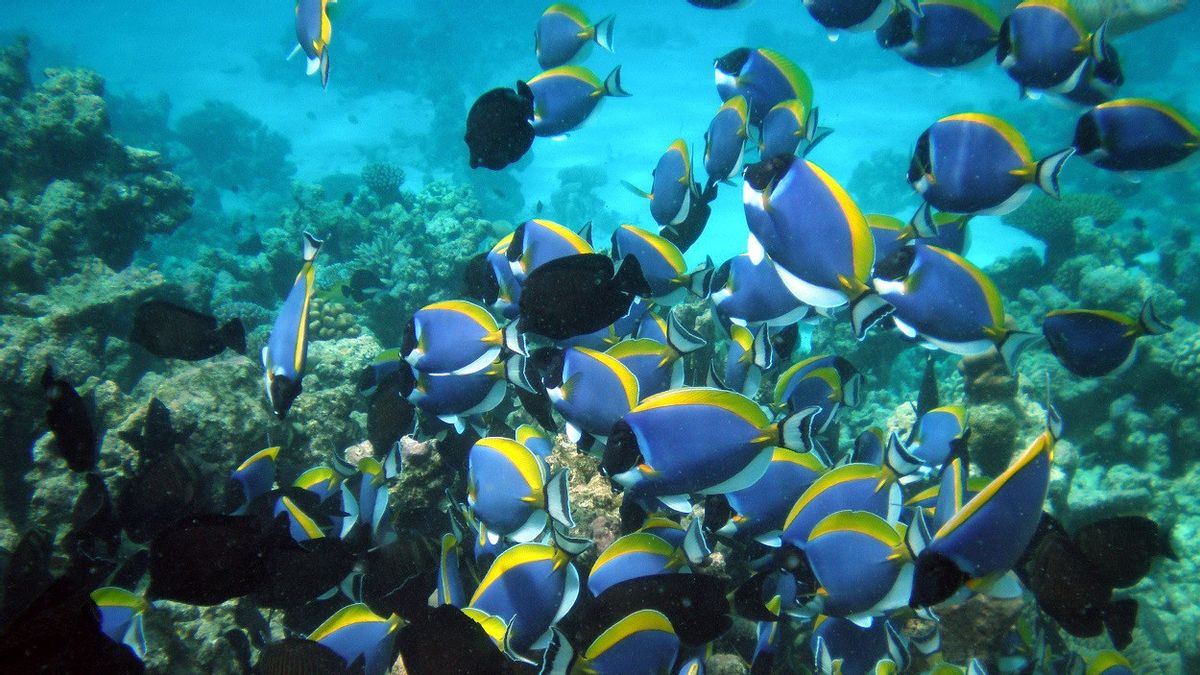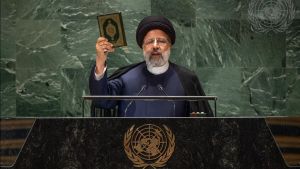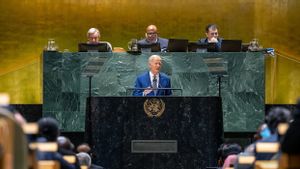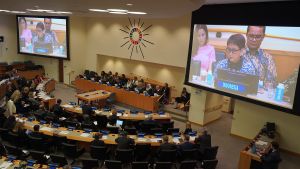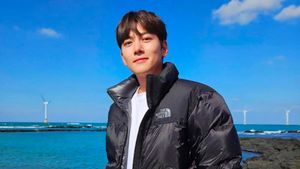JAKARTA - Dozens of countries are expected to sign a new UN agreement to protect the world's oceans on Wednesday, efforts to reverse the damage caused by overfishing and other activities.
The global pact to preserve biodiversity in the high seas was finally approved in March and officially adopted by the United Nations in June.
This is seen as an important tool to meet last year's agreed target to protect 30 percent of the earth's land and oceans by 2030 ("30-by-30").
At least 60 countries are expected to sign the agreement on the sidelines of today's UN Annual General Assembly. However, the agreement still needs to be ratified at the national level, before it is enforced.
Mads Christensen, interim executive director of Greenpeace International, described the signing as "strong signal" and helped maintain momentum to meet the 30-percent protection target.
"However, this signing is purely a symbolic moment," he said, as reported by Reuters on September 20.
"Now politicians must take home the agreement, ensure it is ratified in a short time," he said.
Later, this agreement will create marine asylum where fishing is prohibited, and also ensure that human activities in the high seas are subject to environmental impact assessments.
Separately, the International Union for Conservation of Nature estimates that funding of USD 500 million is needed to start this agreement, as well as special implementation funds as well as capacity building, requiring an additional USD 100 million per year.
The threat to the marine environment has increased in recent years as a result of overfishing and rising temperatures.
SEE ALSO:
New threats can also arise from seabed mining and the use of geoengineering technology to increase marine capacity in absorbing carbon dioxide.
Separately, environmental groups say the agreement must be fully enforced by 2025, to ensure a "30-by-30" protection target is reached.
"The sea cannot wait, and with the agreement being made over the past 20 years, there is no time to waste," said Jessica Battle, a marine expert from Worldwide Fund for Nature.
The English, Chinese, Japanese, Arabic, and French versions are automatically generated by the AI. So there may still be inaccuracies in translating, please always see Indonesian as our main language. (system supported by DigitalSiber.id)
